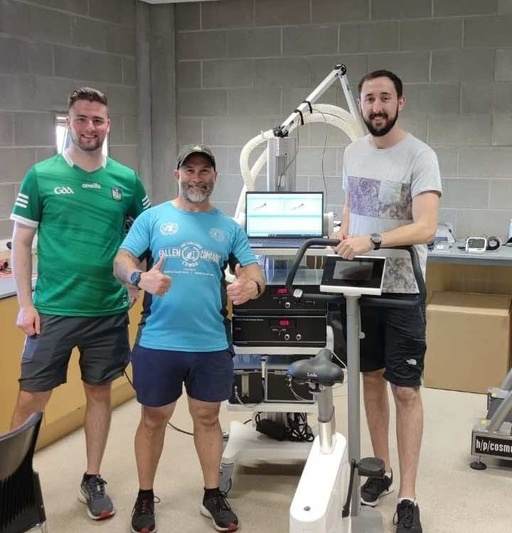All Automotive Engineering
You might think that all the car designing that could be done has been. The windscreen goes opposite the rear window, the correct number of wheels is four, and we’ve collectively decided that three-point seatbelts are a good idea.Yet, every year, new models are released. The mechanical improvements in each may not always be obvious, but they are unmistakable if you look for them. New innovations in comfort and safety are commonplace. Meanwhile, novel technologies like electrical propulsion and advanced computer systems are equipping talented engineers with whole new territories for development.Automotive engineering remains a vibrant and challenging field filled with opportunity. A 4-year bachelor’s degree in this subject covers very similar ground to a more generalized mechanical engineering qualification. (It is more common for a mechanical engineering graduate to take a postgraduate course in the automotive field.) Much of the academic work done is specifically slanted towards the vehicle manufacturing process. Universities in both the United States and Europe maintain close relationships with car manufacturers in their regions, ensuring plenty of opportunities for practical work experience, internships, and the like.The ideal automotive engineer is intensely curious about both the latest breakthroughs and ways problems were solved in years past. They may be assigned to work on anything from drivetrains to software to assembly line machinery, so technical generalists are preferred over specialists. Good mathematical and spatial reasoning skills are, of course, essential.


















